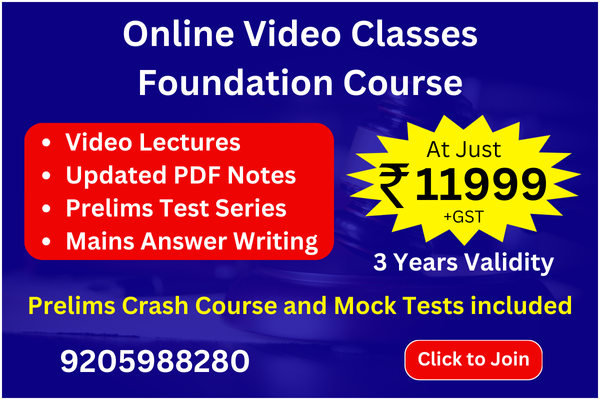


(1) If, when such evidence has been taken, or at any previous stage of the case, the Magistrate is of opinion that there is ground for presuming that the accused has committed an offence triable under this Chapter, which such Magistrate is competent to try and which, in his opinion, could be adequately punished by him, he shall frame in writing a charge against the accused.
(2) The charge shall then be read and explained to the accused, and he shall be asked whether he pleads guilty or has any defence to make.
(3) If the accused pleads guilty, the Magistrate shall record the plea, and may, in his discretion, convict him thereon.
(4) If the accused refuses to plead, or does not plead or claims to be tried or if the accused is not convicted under sub-section (3), he shall be required to state, at the commencement of the next hearing of the case, or, if the Magistrate for reasons to be recorded in writing so thinks fit, forthwith, whether he wishes to cross-examine any, and, if so, which, of the witnesses for the prosecution whose evidence has been taken.
(5) If he says he does so wish, the witnesses named by him shall be recalled and, after cross-examination and re-examination (if any), they shall be discharged.
(6) The evidence of any remaining witnesses for the prosecution shall next be taken, and after cross-examination and re-examination (if any), they shall also be discharged.
(7) Where, despite giving opportunity to the prosecution and after taking all reasonable measures under this Sanhita, if the attendance of the prosecution witnesses under sub-sections (5) and (6) cannot be secured for cross-examination, it shall be deemed that such witness has not been examined for not being available, and the Magistrate may close the prosecution evidence for reasons to be recorded in writing and proceed with the case on the basis of the materials on record.
 Free Judiciary Coaching
Free Judiciary Notes
Free Judiciary Mock Tests
Bare Acts
Free Judiciary Coaching
Free Judiciary Notes
Free Judiciary Mock Tests
Bare Acts
Similar Options
Useful Pages
Search...
© 2025 - Vidhi Judicial Academy, All Rights Reserved. Design by Himanshu Goel. Hosted by WebLook Services